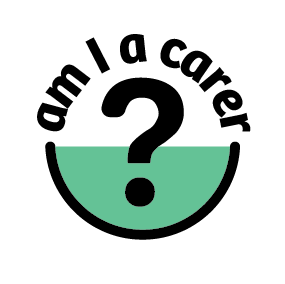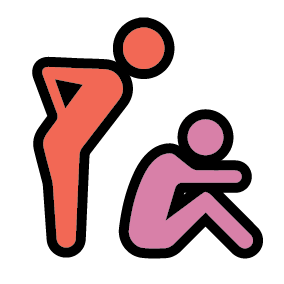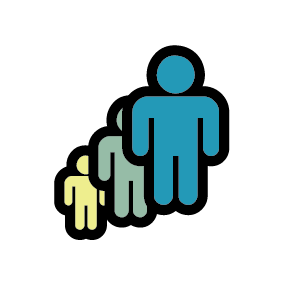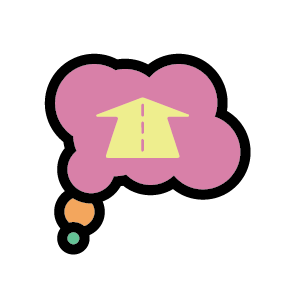How to talk to friends and peers
about caring

You may be afraid of telling your peers or friends about your caring role as you don’t want to be singled out or looked at differently: you may just want to be able to fit in and be accepted by your peers.
You may not want to burden your friends or you may feel embarrassed about what they might think. You may want to protect your family’ dignity by keeping the secret, so that nobody can judge you and your family. You may want to hide your caring responsibilities for fear of being stigmatised or bullied.
Whether to disclose or not your caring responsibilities to your peers and friends is up to you. Here are some advices.
All students should be aware about young carers
It would be useful to make all students aware about the topic of young carers, as well as about the - closely connected- topic of mental health. This awareness raising would ensure that students have the necessary empathy in case their classmate is a young carer.
You are not obliged to disclose your caring responsibilities, unless there is a need to do so or you feel comfortable in doing so. If your peers ask you questions such as “Why can’t you come over? Why are you always late?” You can say you are working, you are babysitting or you can give no explanations.
If you decide not to tell your peers you are a young carer, it could be helpful though to let them be aware of who a young carer is. You can for instance show them this website or ask your teachers to talk about the topic during school time.
Identify someone you trust and try to open up with him/her. It’s important to let your close friends know a bit about your home life as this will help them understand you more. It can also give them a chance to help you through the times when you are feeling lonely or stressed about your role as a young carer.
You may be surprised by how supportive people will be if they understand your situation and what you need. Many people do want to help, but just don’t know how.
You don’t need to share everything all at once. Just take it slow. Rather than saying, “Mum’s sick and I do all of the housework,” start with “This week, I’m going to help Mum do the groceries”.
Watch how your friend reacts and bond over how you are similar. S/he might say, “I help Mum with the groceries as well”. You might find out you have more in common with that person than you think.
Someone who’s close to you may not quite know how to react at first, so give them a moment; they might not be expecting what you’re telling them.
Let your friends know the facts of the disability or illness your family member has and try to explain it to them in a way they will understand.
If your friends come over to your house and don’t know how to interact with the person you care for, lead by example. Remember that your friends are probably just scared of saying or doing something wrong!










